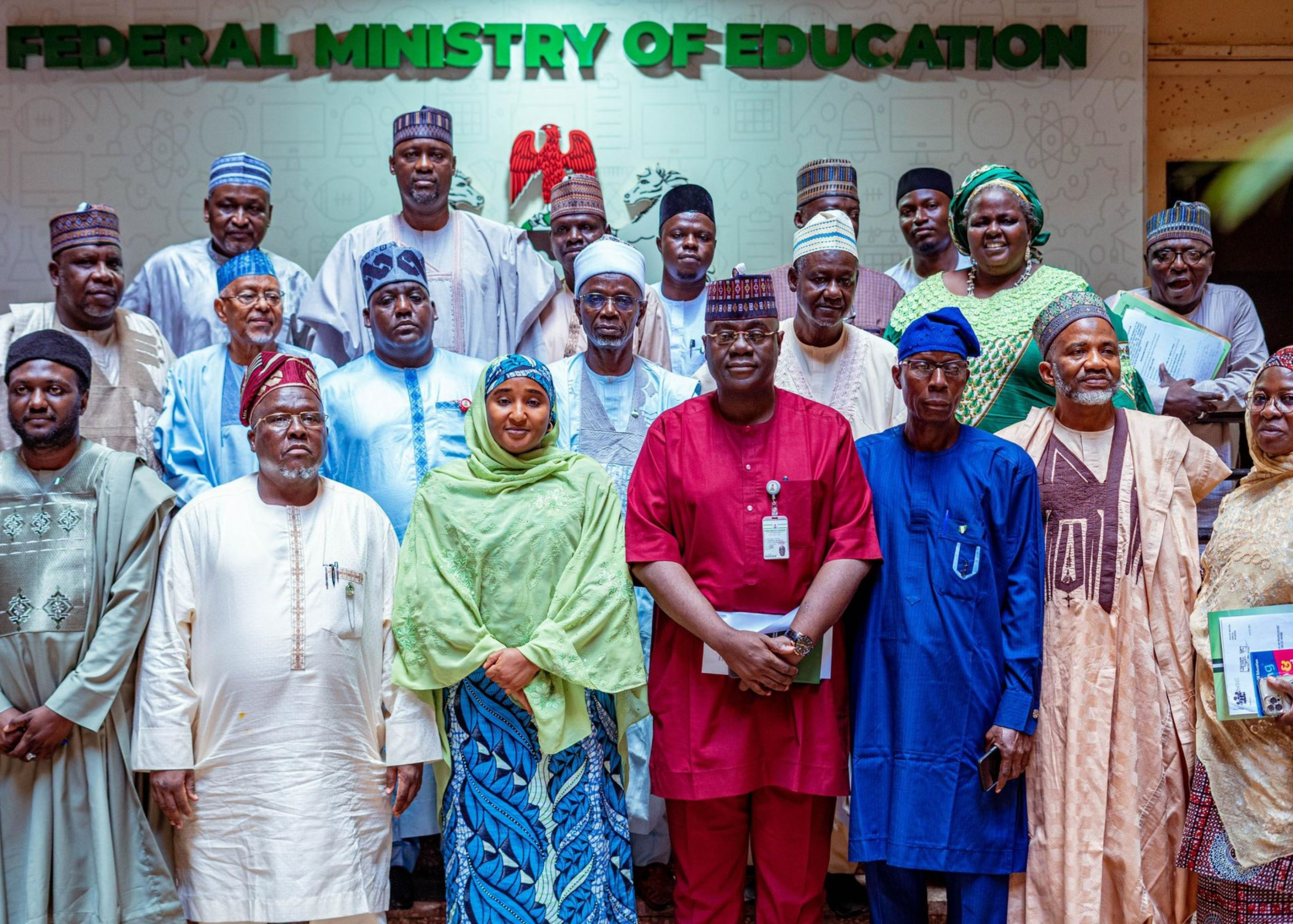News in brief:
– The Federal Government has inaugurated the Governing Council of the new Federal College of Agriculture and Technology in Nabanje, Katsina State, urging strategic leadership to drive innovation, food security, and youth empowerment.
– With over 144 institutions nationwide holding vast land and student capacity, experts say Nigeria’s tertiary sector could become a key force in transforming agriculture and reducing food imports.
The Federal Government of Nigeria has inaugurated the Governing Council of the newly established Federal College of Agriculture and Technology, Nabanje, in Katsina State. This inauguration is accompanied by a firm call for strategic leadership to position the institution as a beacon of agricultural innovation, food security, and youth empowerment in Nigeria.
The Minister of State for Education, Prof. Suwaiba Sa’id Ahmad, during the official inauguration ceremony held in Abuja, delivered the message.
In a statement signed by the Ministry’s Director of Press, Boriowo Folashade, the Minister urged the Council to embrace transparent governance, entrepreneurship, and research that directly answers Nigeria’s current development needs.
On June 17th, I was joined by Alhaji Ibrahim Kabir Masari @ibrahimmasari20, the Senior Special Assistant to the President on Political and other Matters, to inaugurate the Governing Board of the newly established Federal College of Agriculture and Technology, Nabanje, Kafur LG,… pic.twitter.com/zoOhutrW9V
— Suwaiba Said Ahmad, PhD (@Suwaiba_Said) June 19, 2025
“This institution is strategically positioned to contribute to Nigeria’s drive for food security, youth employment, and sustainable economic growth,” Ahmad said. “Your appointment is not just an honour but a call to serve our country through transformational leadership in education and agriculture.”
A Call to Action: Institutions as Catalysts for Food Security
With over 144 tertiary institutions across Nigeria—each with an average of 10,000 hectares of land and over 350,000 students receiving agricultural training—the country is sitting on an underutilised goldmine in its fight against hunger and unemployment.
Experts argue that Nigeria’s higher institutions can become agricultural powerhouses if properly equipped and strategically led. To put this into perspective, the Netherlands—a country with only about 45,000 farmers—exported agricultural products worth over €123.8 billion in 2023, which exceeded a third of Nigeria’s entire GDP.
If Nigerian institutions could emulate even a fraction of this productivity by tapping into their land, manpower, and research capacity, they could reshape the national agricultural outlook and drastically reduce food imports, while creating sustainable employment for millions of youths.
Building A Legacy for the Future
The newly inaugurated Chairman of the Governing Council, Professor Tai Oluwagbemi, pledged the Council’s commitment to making the College ‘a centre of excellence second to none in the region.’ He thanked President Bola Tinubu, the Ministry of Education, and the National Assembly for facilitating the establishment of the institution.
The College’s creation aligns with President Tinubu’s Renewed Hope Agenda, which emphasises transforming young graduates into job creators and achieving national food sufficiency through improved agricultural education.
The Ministry’s Permanent Secretary, Abel O. Enitan, and the Director of University Education, Rakiya Gambo, both congratulated the appointees and stressed the need for accountability and results-driven leadership.
Prof. Ahmad emphasised the importance of partnerships with local communities, private sector players, and international partners, stating that no institution can succeed in isolation.
“This is not just about running a college—it’s about preparing the next generation of farmers, innovators, and agripreneurs who will feed Nigeria and export to the world,” she said.
Why This Matters to Students
For students in Nigerian universities, polytechnics, and colleges of agriculture, the message is clear: you are the future of Nigeria’s food system. With proper training, access to land, innovation funding, and institutional support, today’s agricultural students can become tomorrow’s exporters, farm-tech CEOs, and rural development leaders.
This inauguration is a signal that change is possible, especially if institutions take their roles seriously, and students see agriculture not just as a course of study, but a path to national transformation.



